BCG Vaccine (Bacillus Calmette–Guérin) is an immunization primarily used to prevent tuberculosis (TB), particularly severe forms such as miliary TB and TB meningitis in children. It is also employed as an immunotherapy treatment for certain types of bladder cancer. The vaccine contains a live, attenuated strain of Mycobacterium bovis, a bacterium closely related to the one that causes tuberculosis.
- Active Ingredient: Live attenuated Mycobacterium Bovis
- Indications:
- Prevention of tuberculosis, especially in high-risk areas or populations.
- Treatment of non-invasive bladder cancer as part of immunotherapy.
Key Features
- TB Prevention: Reduces the risk of severe TB complications in children, particularly in countries with high TB prevalence.
- Bladder Cancer Therapy: Enhances the immune system’s ability to fight bladder cancer by activating local immune responses.
- Proven Track Record: BCG is one of the oldest and most widely used vaccines worldwide, with decades of proven efficacy.
- Global Use: Recommended for newborns and children in areas with a high TB burden.
How to Use
- Administration for TB Prevention:
- The vaccine is injected intradermally, typically into the upper arm.
- It is usually given to newborns or infants shortly after birth, though older children and adults at high risk may also receive it.
- For Bladder Cancer:
- Administered directly into the bladder via a catheter as part of an intravesical immunotherapy regimen.
- Typically given in cycles, with the dosage and frequency determined by an oncologist.
Precautions
- Do Not Use in Immunocompromised Individuals: Avoid in people with weakened immune systems (e.g., HIV-positive individuals, those on immunosuppressive therapy).
- Not for Active TB Cases: BCG is preventive and should not be administered to individuals with active tuberculosis.
- Allergy Warning: Inform your doctor if you are allergic to any component of the vaccine.
- Pregnancy and Breastfeeding: Generally, not recommended for pregnant women unless absolutely necessary.
Side Effects
- Common Side Effects:
- Redness, swelling, or a small sore at the injection site.
- Mild fever.
- Rare but Serious Side Effects:
- Abscess formation or ulceration at the injection site.
- Disseminated BCG infection in immunocompromised individuals.
- Localized lymph node swelling or infection.
FAQ
1. What is the BCG vaccine used for?
The BCG vaccine is primarily used to prevent tuberculosis (TB), particularly severe forms such as meningitis or miliary TB in children. It is also used as an immunotherapy treatment for non-invasive bladder cancer.
2. How effective is the BCG vaccine?
The vaccine provides strong protection against severe forms of TB in children. However, its effectiveness against pulmonary TB in adults varies depending on geographical and environmental factors.
3. At what age should the BCG vaccine be given?
The vaccine is typically given at birth or within the first year of life. In high-risk regions, older children and unvaccinated adults may also receive it.
4. Can the BCG vaccine cause TB?
No, the vaccine contains a weakened strain of Mycobacterium bovis that cannot cause active TB in healthy individuals.
5. Why is the BCG vaccine not commonly used in some countries?
In countries with a low TB prevalence, such as the United States, the vaccine is not routinely used because the risk of TB exposure is low. Instead, TB control relies on early detection and treatment.
6. What are the side effects of the BCG vaccine?
Common side effects include redness, swelling, or a small sore at the injection site. Rarely, it may cause abscesses, enlarged lymph nodes, or serious infections in immunocompromised individuals.
7. How is the BCG vaccine stored?
The vaccine must be stored in a refrigerator at 2°C to 8°C (36°F to 46°F) to maintain its efficacy. It should not be frozen.
8. Can adults receive the BCG vaccine?
Yes, adults who are at high risk of TB exposure (e.g., healthcare workers or individuals traveling to high-prevalence areas) may receive the vaccine.


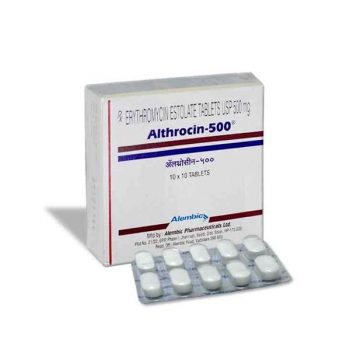


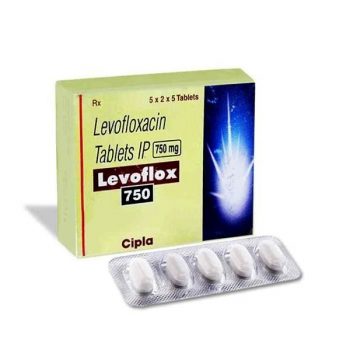
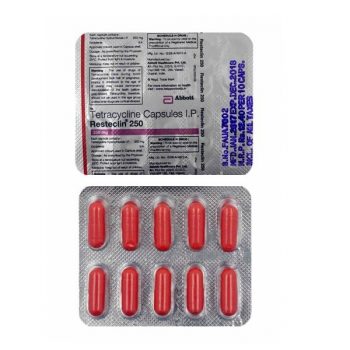
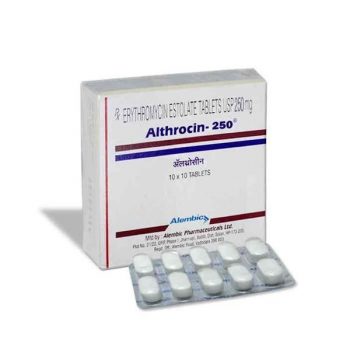
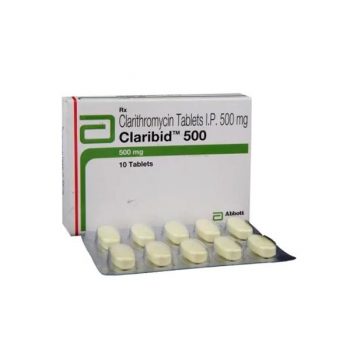
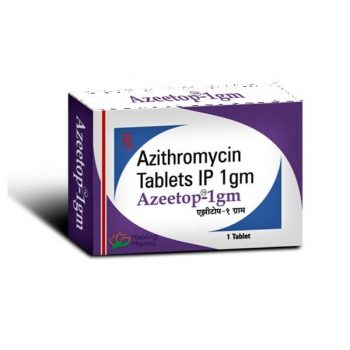

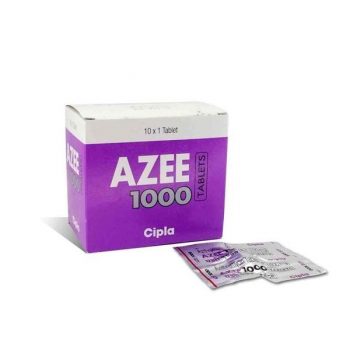
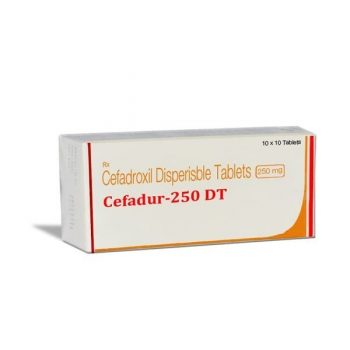
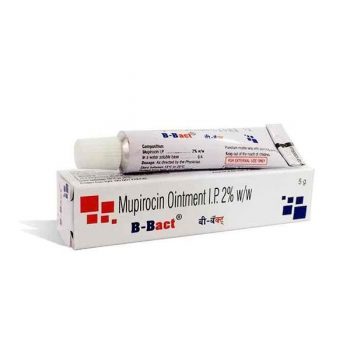
Reviews
There are no reviews yet.